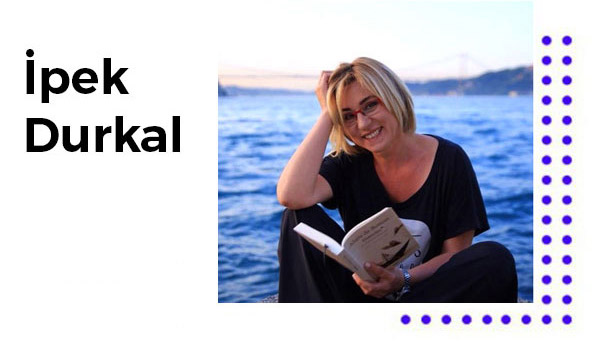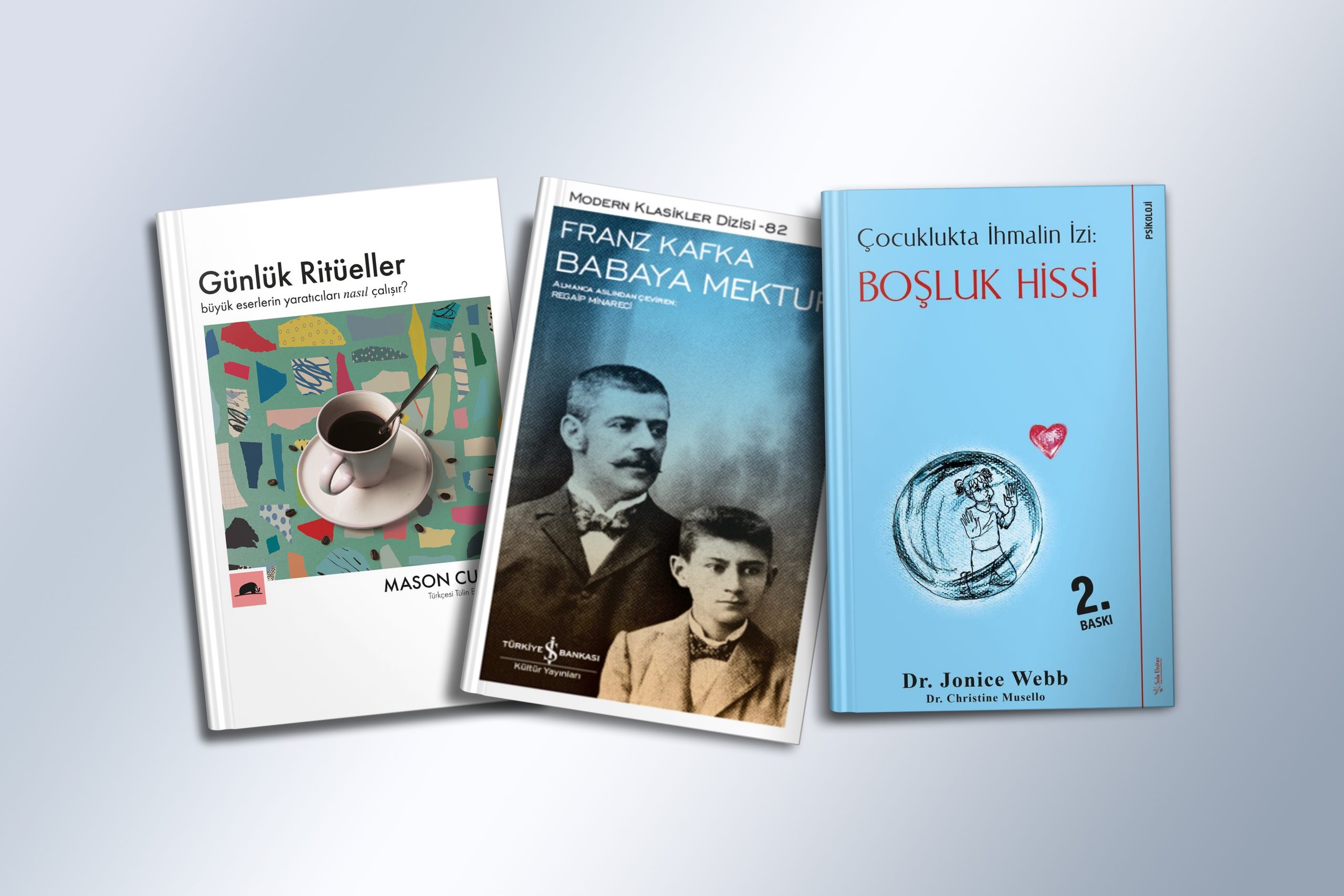
We’ve been home for months and I’ve been surprised to learn that many people around me wanted to read so many books but could not read a single book during this period. It seems that uncertainty increases anxiety in people and disturbs their concentration. Yes, we are all anxious. We don’t know when our lives will be free from this new normal and return to old normal but still, dedicating our minds fully to a task at hand is all about self-discipline. How do I know? Through the work rituals of artists and thinkers who have created the greatest works in the world…
Shall We Sit And Wait For Inspiration or Discipline Ourselves?
In his book “Daily Rituals: How Artists Work”, Mason Currey describes the work rituals by creators of our most admired ideas and works from Picasso to Van Gogh, from Tchaikovsky to Descartes, Jane Austen and Goethe.
The book illustrates how daily habits impact the creative process. What I was particularly drawn to was that almost all of these figures choose the early hours of the day to produce their work. Even if they don’t have a single idea in their head, most of them sit at their desk at the same time every day. Those who wait for an inspiration to come are far less in number than those who work with a certain discipline.
Every one of them follows a ritual of their own, too. For instance, Somerset Maugham believed that it would be impossible to write in front of a landscape and chose to write his novels at a desk against a white wall. Carl Gustav Jung woke up at 7 a.m. every morning, saluted his saucepans and teapots as he had breakfast and wrote for the next two hours. Toni Morrison socially isolated herself entirely while Igor Stravinsky did a headstand to rest his brain when he felt stuck. Kafka, meanwhile, worked at an insurance company during the day, and therefore could sit in front of his typewriter only at about 22:30 after dinner, when it was quiet at home, and thought about his own death every single day.

So Sad That You Couldn’t Understand Me
Franz Kafka, one of the most important writers of the 20th century who thought about his own death every day, died at the age of 41. His biggest trouble in a short life from an unhappy childhood to unhappy adulthood was his father…
At age 36, he wrote a long letter to his father about the problems he had and the pain he had due to his father’s personality, which was posthumously published with the title “Letter to His Father” (Brief An Den Water).
Beginning with “Dearest Father”, the letter reveals why Kafka had never been validated by his father and how he had developed a sense of guilt from a young age due to his father’s attitude, which never left him his entire life.
In the letter, he says “By virtue of your antagonistic nature, you could not help but always and inevitably cause the child such disappointment,” demonstrating so clearly an unhealthy father-child relationship.
Even if you become “Kafka,” you have to endure the suffering of the child within you for your entire life… Every parent must read this letter.

Tell Me What You Feel, I’ll Tell You How Much You Were Neglected
As in the case of Kafka’s father, parents who turn ther kids’ lives into living hell are not necessarily bad people. Maybe they themselves were emotionally neglected as children and have hard time trying to understand emotions. One of the best books I’ve recently is “Running on Empty: Overcome Your Childhood Emotional Neglect” by Dr. Jonice Webb – Dr. Christine Musello.
The book talks about the emptiness in people’s lives created by the emotional neglect of their parents from their infancy, illustrating with examples and showing ways with which that emptiness can be filled in the present.
“Adults neglected as children usually don’t know what they need. Their desires, needs and emotions are invisible.” This is a sentence I underlined in the book which also includes a “dictionary of emotions” to help readers express their emotions with the right vocabulary. Here’s how the book emphasizes the importance of emotions and voicing them: “Emotionally neglected people tend to be good listeners. But they are not good at talking, especially about themselves. This cuts them off from a vital source of sustenance in life. After all, emotional connection is the stuff of life, making it worth living. Do you know what your fuel is? Your emotions. Unless you are aware of them and internalize them, they will get inflamed and come out as anger and short temper.”
I hope that this book will be as much of a guidance for you as it’s been for me.



